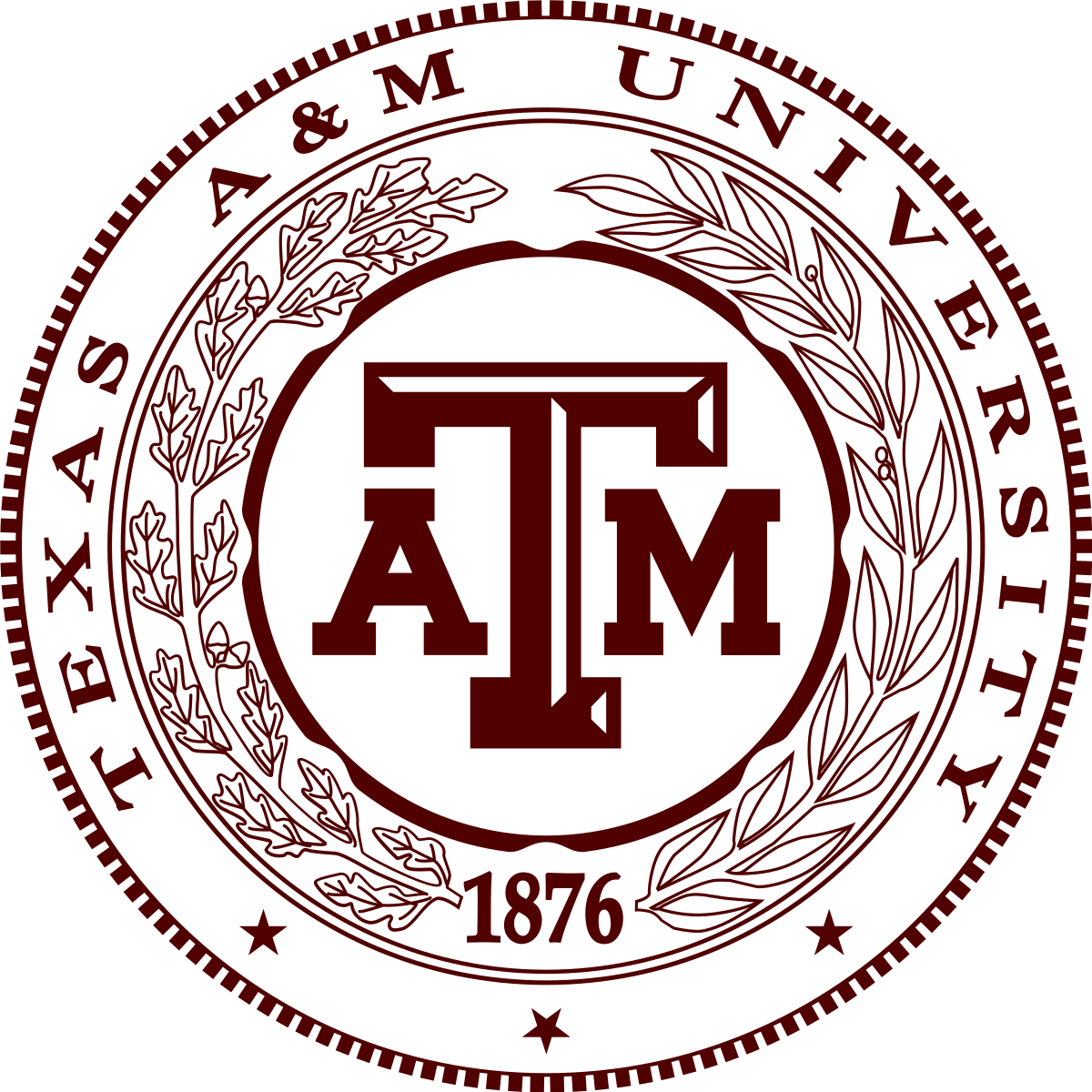Texas A&M University System News Release
COLLEGE STATION, Texas — Texas A&M University researchers are asking hundreds of frontline medical workers to participate in a late-stage, phase 4, clinical trial of a widely used tuberculosis vaccine that could blunt the devastating effects of COVID-19.
Texas A&M is the lead entity in a world-class group of institutions seeking to repurpose the vaccine, BCG, which also is used to treat bladder cancer in the U.S. BCG could be widely available for use against COVID-19 in just six months because it has already been proven safe for other uses. View a video about the clinical study here: https://youtu.be/UufUE-8raNs
The Texas A&M Health Science Center is leading a group of scientists and medical doctors with Harvard’s School of Public Health, the University of Texas MD Anderson Cancer Center in Houston, Cedars Sinai Medical Center in Los Angeles, and the Baylor College of Medicine in Houston.
Researchers hope to demonstrate that the BCG mitigates the effects of the virus, allowing fewer people to be hospitalized or to die from COVID-19.
“It’s not going to prevent people from getting infected,” said Dr. Jeffrey D. Cirillo, a Regent’s Professor of Microbial Pathogenesis and Immunology at the Texas A&M Health Science Center. “This vaccine has the very broad ability to strengthen your immune response. We call it ‘trained immunity.’
“This could make a huge difference in the next two to three years while the development of a specific vaccine is developed for COVID-19.”
Texas A&M Chancellor John Sharp last week offered $2.5 million to make sure the work of Dr. Cirillo can move forward as quickly as possible.
“If there was ever a time to invest in medical research, it is now,” Chancellor Sharp said. “Dr. Cirillo has a head start on a possible coronavirus treatment, and I want to make sure he has what he needs to protect the world from more of the horrible effects of this pandemic.”
Dr. Cirillo said repurposing the existing bladder cancer vaccine, called TICE® BCG, could result in bringing a COVID-19 treatment to the U.S. public in the fastest possible way. Because the drug is already approved by the FDA, Dr. Cirillo can skip the first three phases of clinical trials usually required before testing on people, since this vaccine has already passed those phases.
“Before Chancellor Sharp’s investment in our work, we were spending far too much time writing grants. Now, we can move ahead without barriers,” Dr. Cirillo said.
Texas A&M is the first U.S. institution in the clinical trial to have federal clearance for testing on humans. Healthcare workers will be the first people eligible for clinical trial, which is set to begin this week.
Recruitment of 1,800 volunteers to participate in the trial is already underway in College Station and Houston, and it could be expanded to other areas of the state as well as Los Angeles and Boston. Medical professionals interested in the trial can contact Gabriel Neal, MD at gneal@tamu.edu or Jeffrey Cirillo, PhD at jdcirillo@tamu.edu or George Udeani, PharmD DSc at udeani@tamu.edu.
As the coronavirus spread, researchers noticed that the morbidity and mortality rates were lower in some developing countries where the BCG vaccine is widely used..
Because the human body fights a COVID-19 infection in a manner that is similar to how it would attack bladder cancer, Dr. Cirillo is hopeful that his work could lead to an effective – and quickly developed – treatment for COVID-19.
Additionally, evidence shows that the coronavirus can cause damage to a patient’s central nervous system, and it even might cause long-term effects that could lead to dementia, Alzheimer’s or Parkinson ’s disease. Dr. Cirillo said the potential for lasting effects from COVID-19 is another reason to get the vaccine to the public as quickly as possible.
About The Texas A&M University System
The Texas A&M University System is one of the largest systems of higher education in the nation with a budget of $6.3 billion. The System is a statewide network of 11 universities; a comprehensive health science center; eight state agencies, including the Texas Division of Emergency Management; and the RELLIS Campus. The Texas A&M System educates more than 151,000 students and makes more than 22 million additional educational contacts through service and outreach programs each year. System-wide, research and development expenditures exceeded $1 billion in FY 2019 and helped drive the state’s economy.
